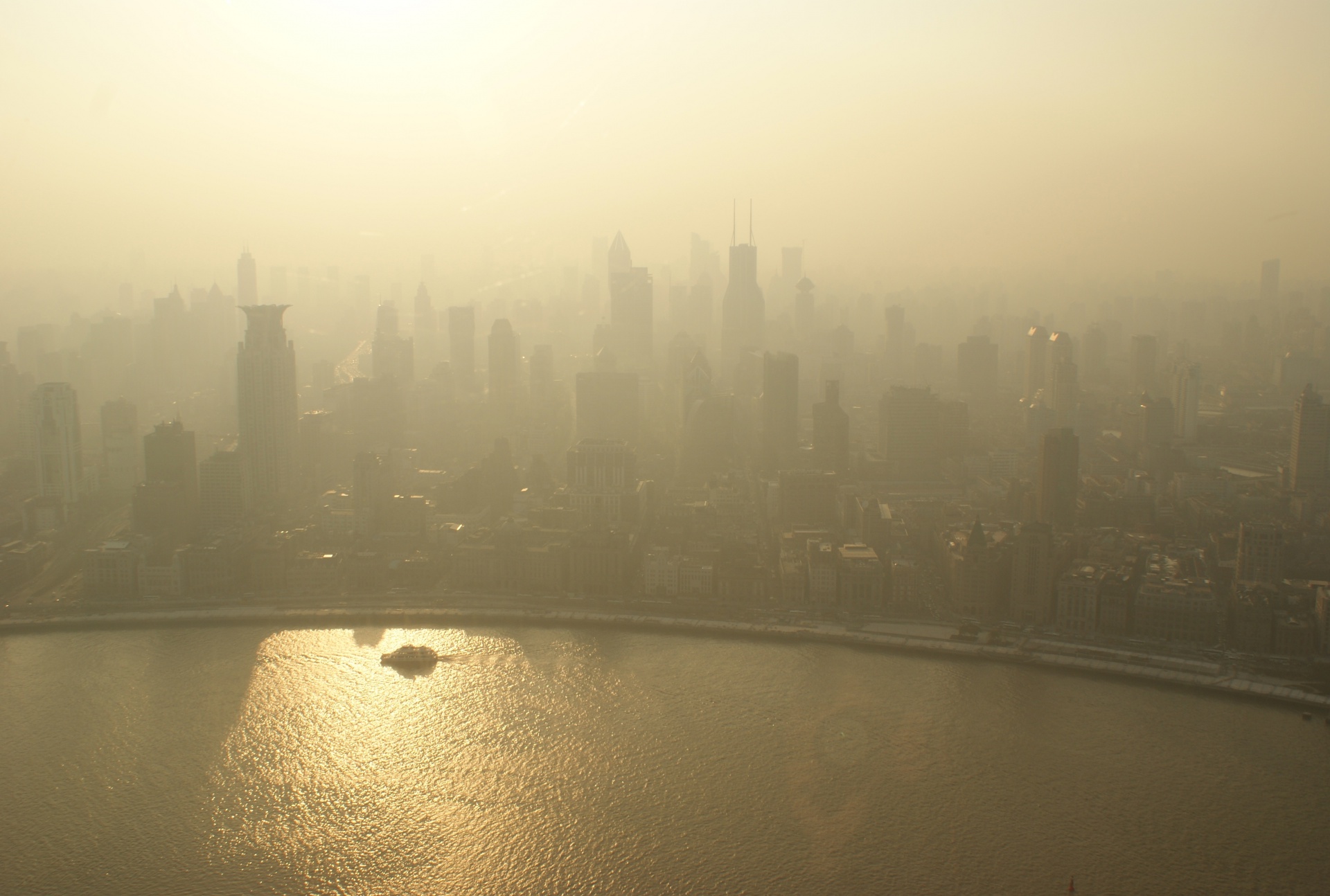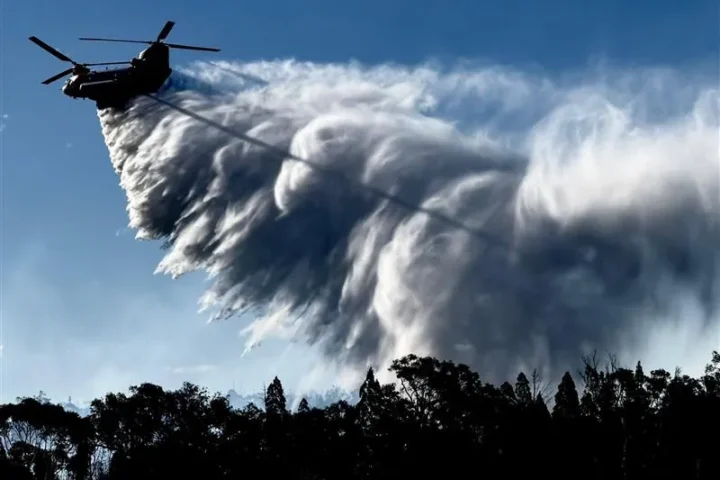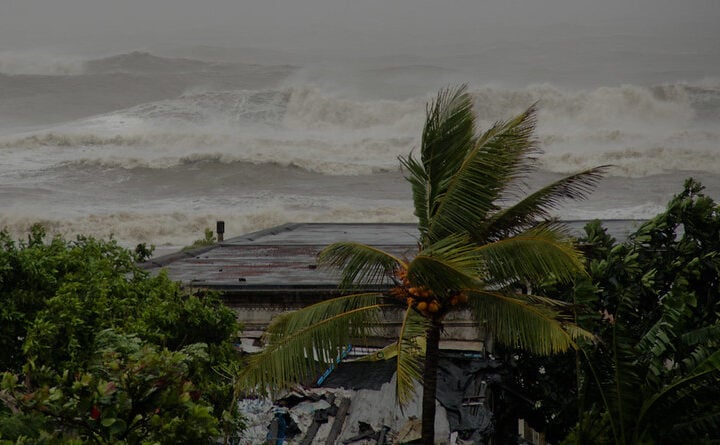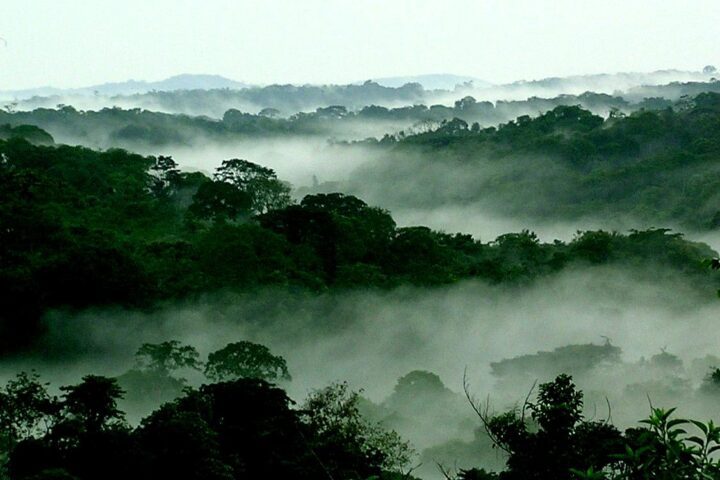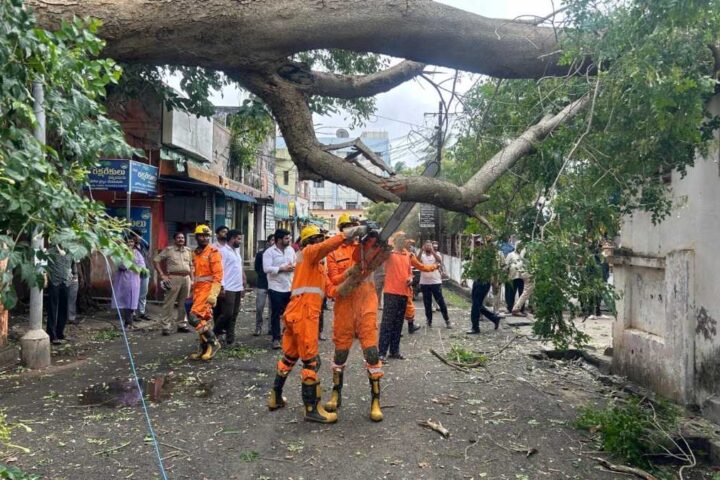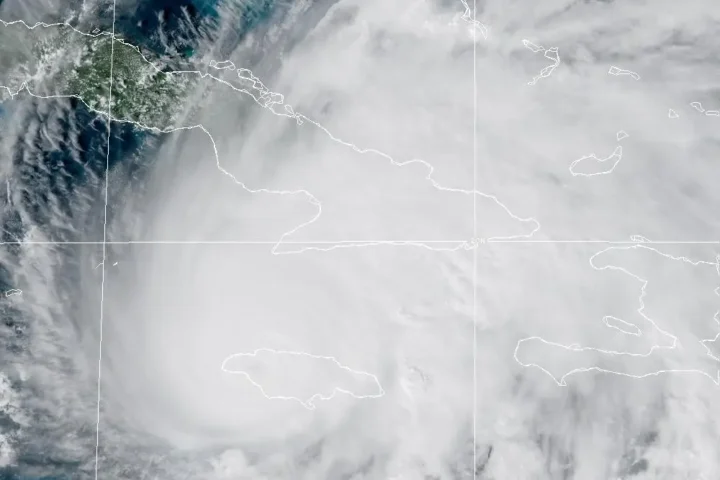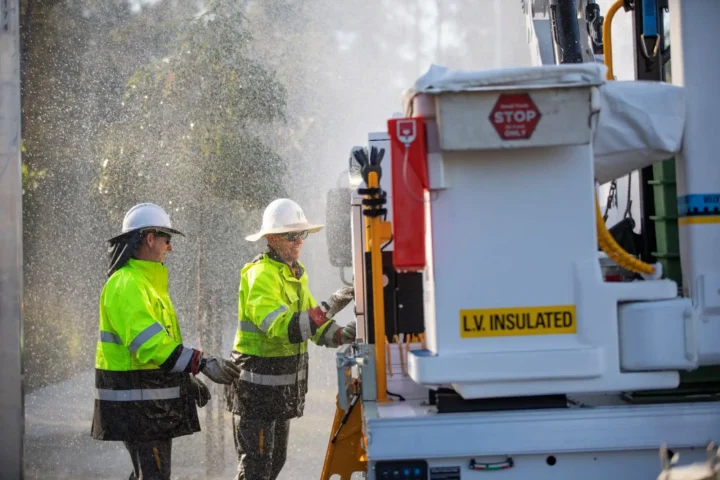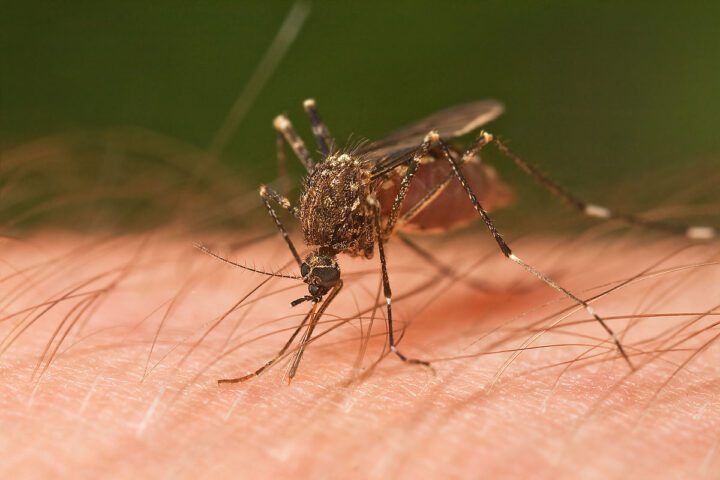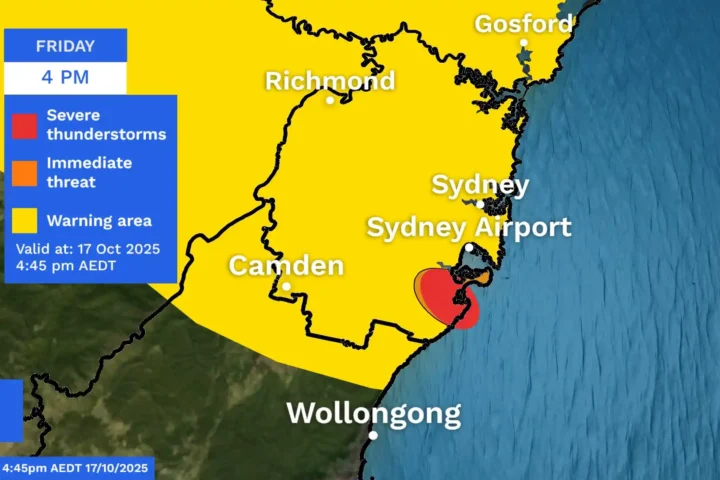The World Meteorological Organization (WMO) reported that in 2022, global averaged concentrations of carbon dioxide (CO2), the most significant greenhouse gas, were 50% above pre-industrial levels for the first time. This trend continued into 2023. However, the rate of growth in CO2 concentrations was slightly lower than in 2021 and the average for the decade. This slower growth rate is likely due to natural, short-term variations in the carbon cycle. Nevertheless, new emissions from industrial activities continued to rise.
The NOAA Annual Greenhouse Gas Index shows that from 1990 to 2022, the warming effect on our climate, known as radiative forcing, by long-lived greenhouse gases, increased by 49%, with CO2 accounting for about 78% of this increase. In terms of CO2 equivalents, the atmosphere in 2022 contained 523 ppm, of which 417 ppm was CO2 alone.
Similar Posts
Regarding the impact of greenhouse gases on monsoon seasons, a study from the Potsdam Institute for Climate Impact Research and Ludwig-Maximilian University in Munich, Germany, indicates that if global warming continues unchecked, summer monsoon rainfall in India will become stronger and more erratic. For every degree Celsius of warming, monsoon rainfalls are likely to increase by about 5%. This change in monsoon dynamics can have significant consequences for the well-being, economy, and food systems of over a billion people. More rainfall is not necessarily beneficial for farming, as excessive rainfall during certain growth stages can harm crops. This volatility in monsoon patterns makes the Indian economy and food system highly sensitive. Since the 1950s, human-induced changes, initially through sunlight-blocking aerosols and later greenhouse gas-induced warming, have intensified monsoon rainfall, leading to more unpredictable and extreme weather patterns.
